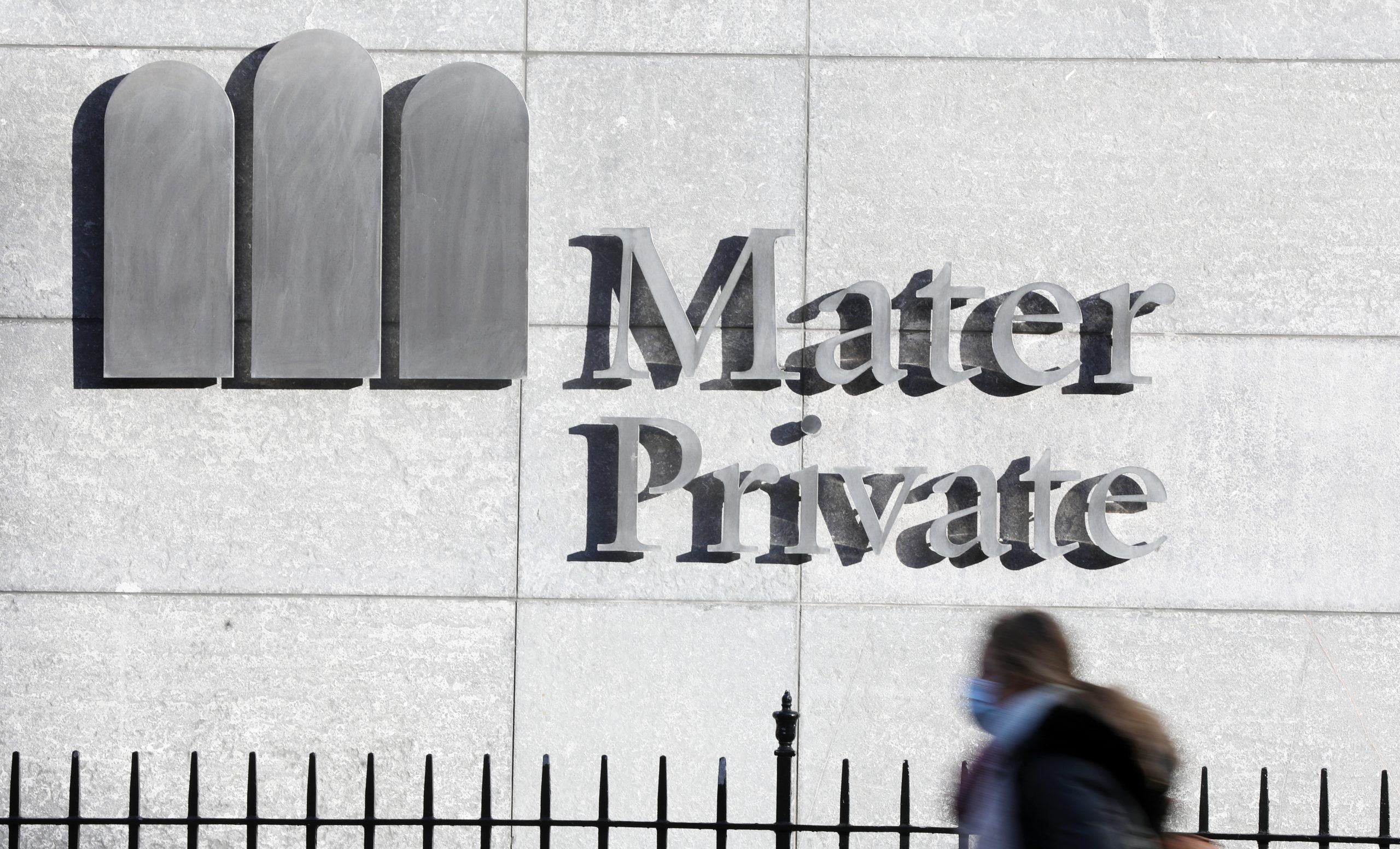Last June, accountants from the HSE were busy sanctioning payments to Ireland’s network of private hospitals. However, when it came to the Mater Private, the numbers just did not seem to reconcile. To ramp up healthcare capacity following the arrival of Covid-19, the state had to effectively take control of Ireland’s €1.2 billion private hospital sector in early April. In return for covering the operating costs of the hospitals, the state had access to all their services. The contract was negotiated between the HSE and the Private Hospital Association (PHA). It was an industry deal, and not hospital-specific. Indeed, the…
Cancel at any time. Are you already a member? Log in here.
Want to read the full story?
Unlock this article – and everything else on The Currency – with an annual membership and receive a free Samsonite Upscape suitcase, retailing at €235, delivered to your door.

